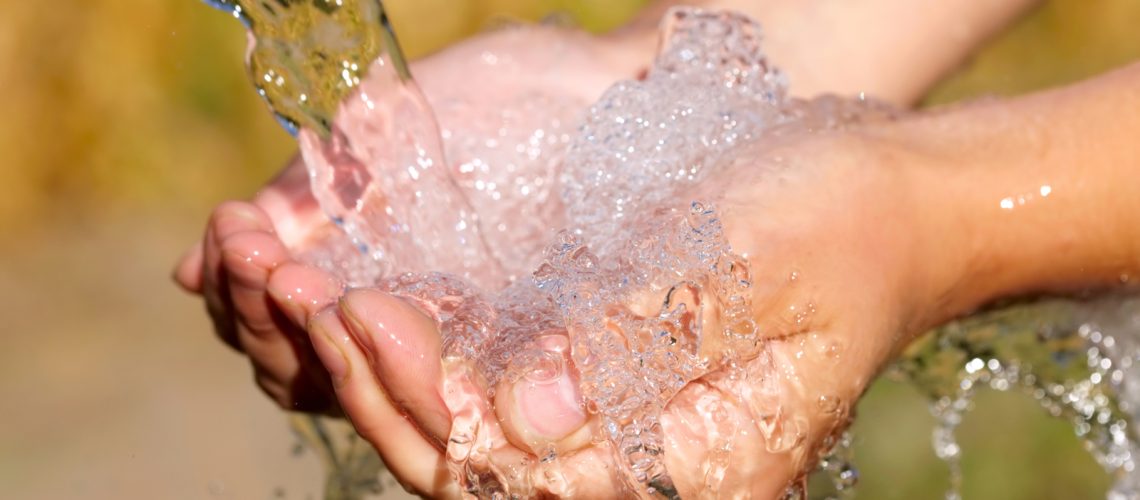Water well system upkeep is an essential part of being a homeowner. Wellwater maintenance ensures continually high-quality water. With regular care, you can avoid contaminating your water supply, prevent system damage, and reduce health concerns for you and your loved ones.
What does the water well maintenance process look like? How do you guarantee the safest, freshest water? In this article, we answer these questions and more.
Routine Inspections
Maintaining your well water system starts with a regular inspection. You should hire a professional contractor to inspect the system annually and check for any underlying issues. An inspector will ensure your pump motor operates properly, the well system lasts as long as possible, and you maintain maximum water quality.
Regular inspection helps you identify problems before they have significant effects. Some warning signs include:
- Bacteria, contaminants, and other impurities
- Changes to your water’s taste, smell, or color
- Unusual, erratic water pressure
- Stomachaches, diarrhea, and gastrointestinal issues
Most homeowners don’t understand the complexity of well water maintenance. Don’t simply assume everything works fine and rely on your judgment. Routine inspections from an experienced professional can save you a lot of unnecessary hardship.
Above-ground Precautions
A great way to promote water maintenance is by properly caring for the property around the well. You’ll want to take extra-good care of this area. Here’s a checklist of precautions you should follow:
- Keep harmful materials away. Don’t expose your well to hazardous materials such as chemicals, paint, pesticides, fertilizer, and motor oil. These can contaminate the water and lead to serious health problems for consumers.
- Don’t install a septic tank nearby. A septic tank should be at least 50 feet away from the well. We also recommend keeping livestock areas and silos at least 50 feet away.
- Take care of the well caps. It’s a good idea to check your well covers or caps regularly. A periodical checkup can catch issues like loose seals and damaged caps. Another option is to weld or bolt the caps to keep them in place.
- Mow carefully. Lawnmowers can cause significant damage to your above-ground well covers. You’ll want to avoid this by mowing the area around the well carefully.
- Be extra vigilant with landscaping. Poor landscaping often leads to flooding and drainage issues that may affect your well. The next time you start a landscaping project, be mindful of your well and proper drainage.
While you should leave most well water maintenance to the experts, there are some things you can do yourself. Taking care of the area surrounding your well is a critical responsibility. You’ll want to do everything possible to maintain high-quality, consistent water.
Sealing Off Old Well Systems
If your well is more than 40 years old, contact a professional to take a look. You will likely need to seal the old well and install a new one. Sealing off the old well can help keep your new system free of contaminants.
Understanding Well System Functions
Preventative measures such as annual inspections and proper lawn care contribute to well water quality and longevity. However, you may still experience system failures. When something comes up and you can’t pinpoint the problem, it’s important not to freak out and cause further issues.
Understanding your water system can prevent failures, inconveniences, needless expenditures, and embarrassment. For instance, there’s no need to call a professional pump installer if you find a black flake in your water. Some basic knowledge can go a long way.
Keep Your Well Water System Safe
Well water maintenance is vital if you want consistent, safe, high-quality water. For solutions to all your water well system needs, contact us today! Our top-of-the-line contractors at Southwest Florida Services & Supply Company can help you handle the complex process.

